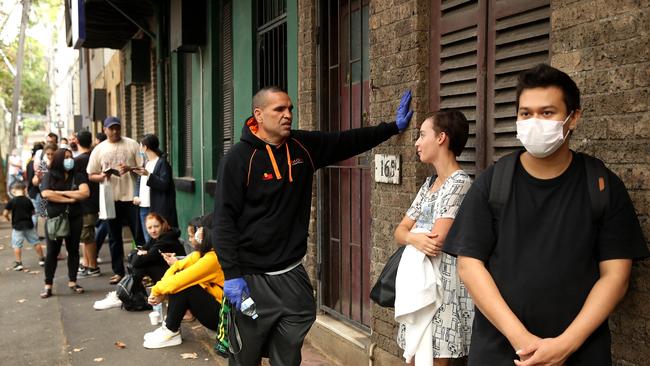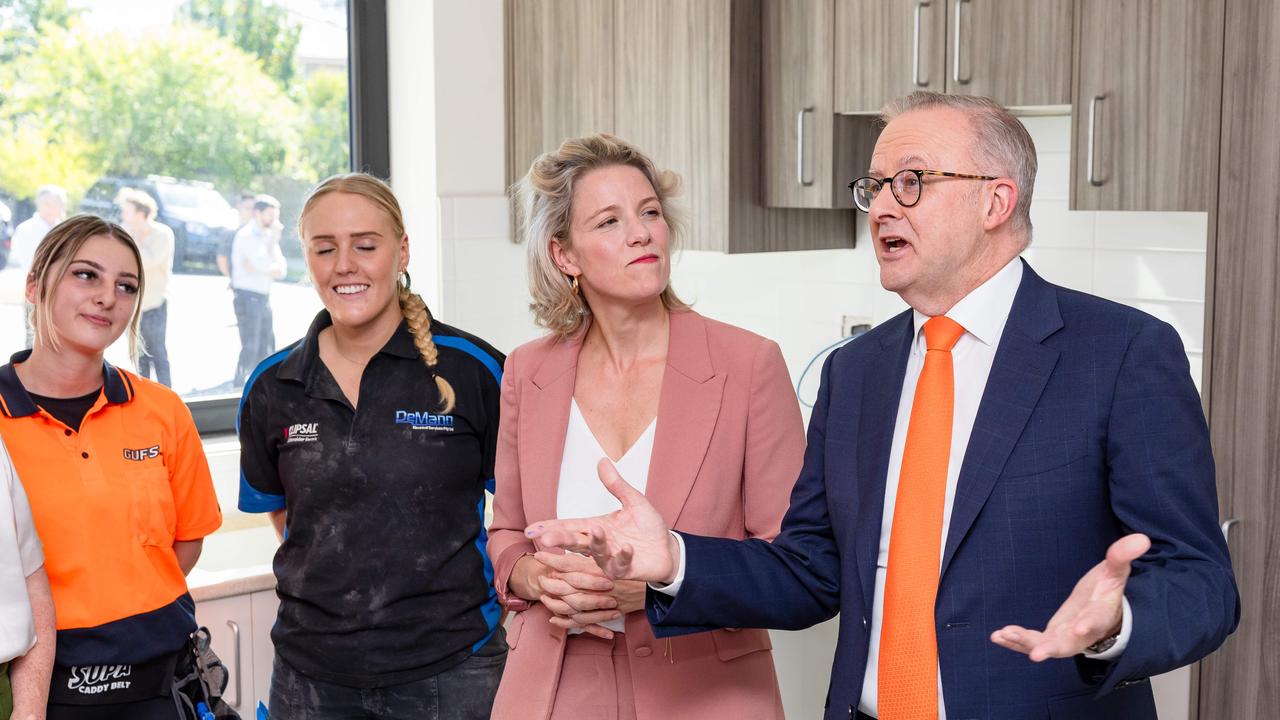Future generations ‘will not bear undue stimulus burden’, says Deloitte Access Economics partner Chris Richardson
Has the stimulus package just sentenced younger Australians to a lifetime of higher taxes and substandard services?

The lowest interest rates in history mean only the slightest lift in the Medicare Levy surcharge would be enough to offset the interest bill associated with the government’s unprecedented spending measures, Deloitte Access Economics partner Chris Richardson has said.
The government has pledged over $213bn in recent weeks to cushion the blow of the global coronavirus crisis, including Monday’s $130bn JobKeeper package, as it strives to keep businesses and households afloat through the pandemic.
Scott Morrison on Thursday said the cost of supporting the economy through the coming months “is going to put a great strain on the country, clearly, but it is one that is absolutely necessary given the circumstances that we face”.
But Mr Richardson was confident future generations would not bear an undue burden.
“Does that mean we’ve just sentenced younger Australians to a lifetime of higher taxes and substandard services? No, we haven’t,” Mr Richardson said.
“Although the dollars are unprecedented, what’s even more unprecedented are the interest rates we’ll be paying on this new debt.”
The 10-year yield on government debt sits at 0.74 per cent, according to Bloomberg, as the Reserve Bank of Australia commits to an open-ended bond-purchasing program to reduce borrowing costs across the economy.
Mr Richardson estimated that the ongoing interest bill for the additional debt to fund the government’s pledges will be $1.6bn.
He said a slight increase in the Medicare Levy surcharge from 2 per cent to 2.14 per cent, for example, would be enough to offset that extra interest cost – a move which would lift the total tax take as a share of national income by less than 0.1 per cent.
Spending to cushion the impact of the coronavirus pandemic is already double what was pledged during the GFC, but, thanks to much lower rates, the cost of servicing the associated debt is only half what it was, Mr Richardson said.
The veteran economist also noted that the costs of massively supporting the economy today would be offset by the benefits of fending off mass unemployment tomorrow.
Westpac has estimated that, as a result of the JobKeeper package, unemployment will peak at 9 per cent instead of 17 per cent, saving a million jobs. Deloitte estimates put the jobless measure lifting as high as 8 per cent, instead of 12 per cent, saving half a million Australians from the dole queue.
With fewer jobs lost, the economy and the labour market will be able to recover more quickly, Mr Richardson said.
The current battle against the virus was analogous to wartime periods, and that the approach to paying back debt should be similar.
“Let’s just let our debts from this new war simply became a smaller share of our growing economy over time, “ he said, noting that in 18 years the additional debt as a share of national income would fall from 10 per cent to 5 per cent as the economy grows.
“Most importantly, past experience tells us that those who don’t get a job back in the first two years after they lose their job in a recession rarely work ever again in the rest of their lives – with knock on costs in everything from mental health to domestic violence. So, some of the jobs saved now will be returning benefits for a generation.
“That’s why studies by economists over the past decade have increasingly come to the view that fighting as hard as you can to stop unemployment rising in a recession is incredibly important.”







To join the conversation, please log in. Don't have an account? Register
Join the conversation, you are commenting as Logout